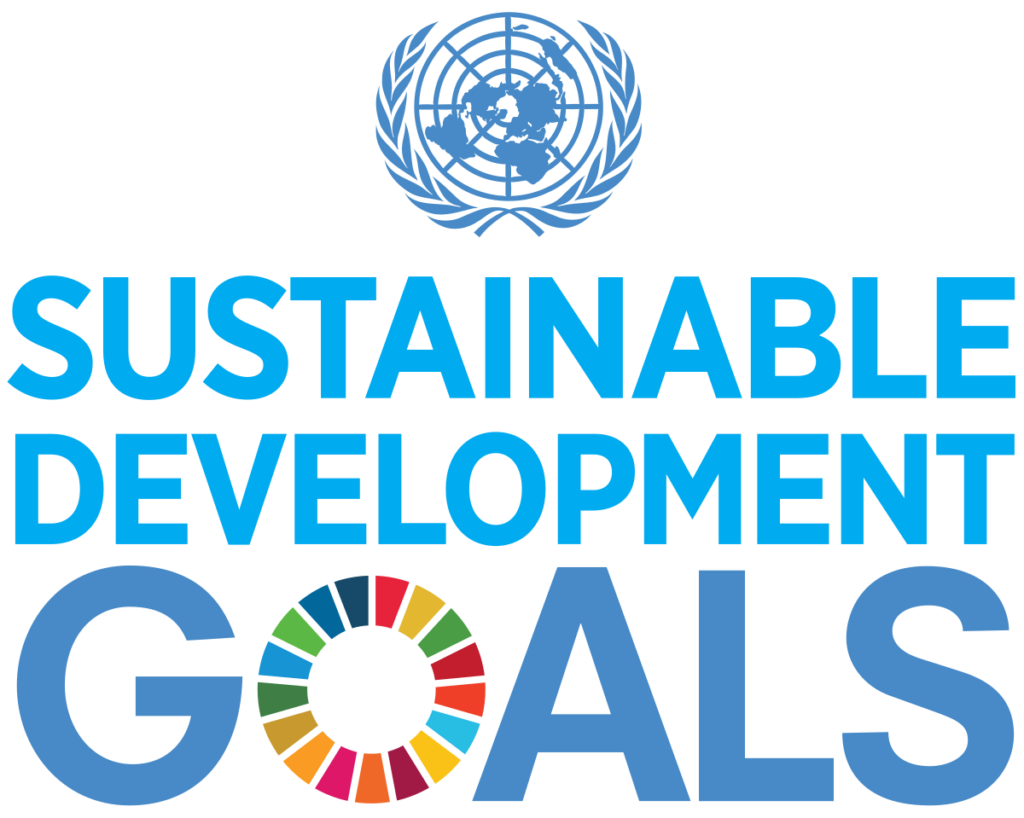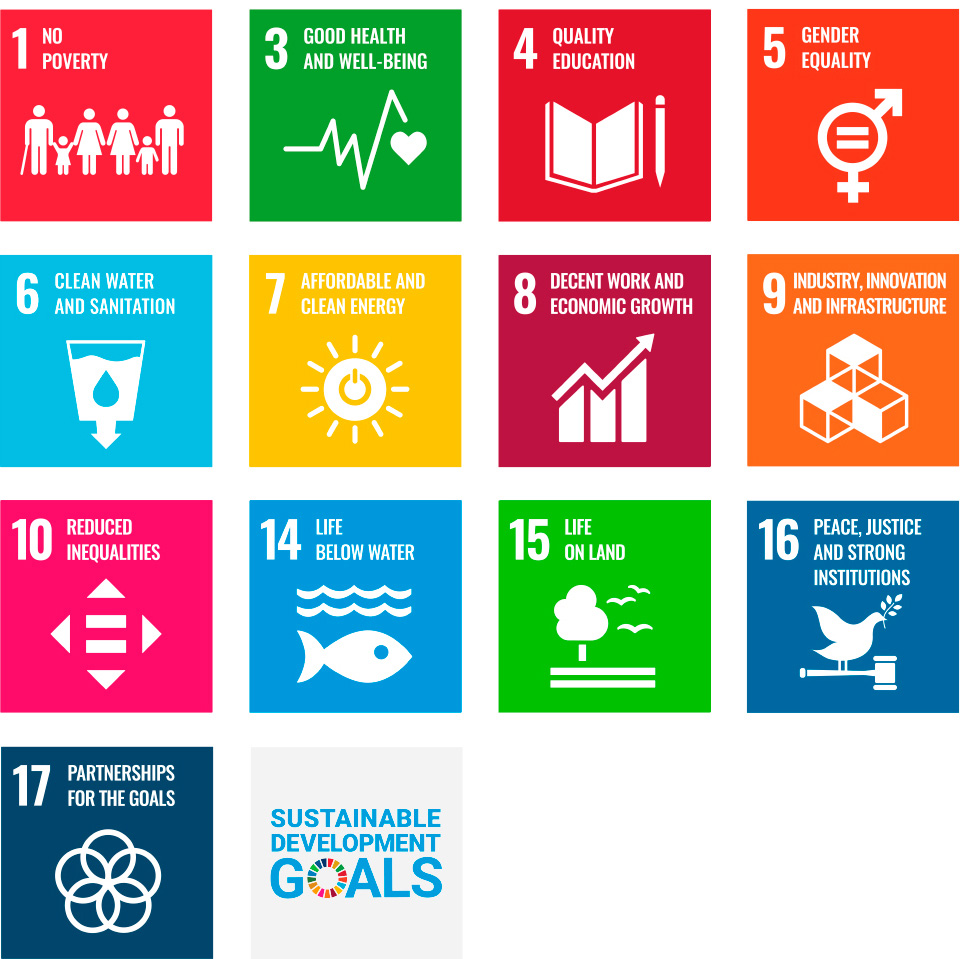Exkal aligns its business model with the United Nations Sustainable Development Agenda, to contribute, with local actions, to achieving global objectives.


Exkal, convinced of the importance that the private sector has in achieving these objectives, aligns its business model with the new United Nations Sustainable Development Agenda. The company contributes especially to the achievement of Objectives 11, 12 and 13 through concrete initiatives, which underline the role of our industry in achieving these objectives, although it tries to collaborate indirectly in achieving all of them:

After decades of steady decline, the number of hungry people (measured by the prevalence of undernutrition) began to slowly rise again in 2015. Current estimates indicate that about 690 million people in the world are hungry, or , 8.9 percent of the world’s population, which represents an increase of about 10 million people in one year and about 60 million in five years.
The world is not on track to reach the goal of zero hunger by 2030. If recent trends continue, the number of people affected by hunger will exceed 840 million people by 2030.
According to the World Food Program, around 135 million people suffer from severe hunger, mainly due to human-caused conflict, climate change and economic downturns.
At the same time, 45% of the fruits and vegetables that are harvested around the world are wasted. The amount is equivalent to something like 3.7 billion apples. 30% of cereals, or 763,000 million boxes of pasta, are also wasted, and of the 263 million tons of meat produced worldwide each year, 20% is lost, the equivalent of 75 million cows.
In total, according to figures from the UN Fund for Food and Agriculture (FAO), 1.3 billion tons of food produced for human consumption are lost, a third of the total.
At Exkal we understand that, from our position of collaboration with food distribution companies, we can collaborate in the design and implementation of innovative solutions that allow the reduction of food waste and therefore, and consequently, of existing hunger.
Cities are the foundation of culture, science and social development. In 2015, close to 4 billion people lived in cities, and that number is projected to increase to around 5 billion by 2030. We need to improve urban planning and management to make these spaces more inclusive, safe, resilient and sustainable. The efficient use of resources and energy is a basic requirement to advance in this objective.
According to the United Nations, cities, although they only occupy 3% of the land, are responsible for 80% of global GDP, 70% of energy consumed and 70% of CO2 emissions. Reversing this reality requires new challenges, such as promoting responsible and efficient consumption of resources, promoting environmental sustainability and reducing inequalities in urban spaces. Therefore, guaranteeing sustainable cities and communities, as well as the responsible production and consumption of resources have become essential and strategic aspects.
At Exkal, as a party involved in global sustainability, we must work to achieve sustainable cities and communities, promoting in cities the reduction of environmental impact, green areas and safe and inclusive public spaces through sustainable urban planning. Furthermore, we must work for the preservation of the world’s cultural and natural heritage, face the impacts of natural disasters on human settlements, and strengthen the link between urban and rural areas to generate development that benefits both.
Exkal’s main actions and commitments in this area:
Currently, the consumption of materials from natural resources is increasing very significantly. In addition, countries continue to address challenges related to air, water and soil pollution. The goal of sustainable consumption and production is to do more and better things with fewer resources. It is about creating net profits from economic activities by reducing the use of resources, degradation and pollution, while achieving a better quality of life. Furthermore, it is necessary to adopt a systemic approach and achieve cooperation among the participants in the supply chain, from the producer to the final consumer. It consists of sensitizing consumers through education about sustainable lifestyles, providing them with adequate information through labeling and rules of use, among others.
As the United Nations reports, if the world population were to reach 9.6 billion by 2050, it would take the equivalent of nearly three planets to provide the natural resources necessary to maintain today’s lifestyle.
As a company, we must find new solutions that offer sustainable consumption and production patterns, an aspect that is in our own interest.
We must better understand the environmental and social effects of our products and services, both in product life cycles and how they are affected by their use in lifestyles. Identifying in the value chain the “critical points” where interventions have the greatest potential to improve the environmental and social effects of the system as a whole is a fundamental first step
Exkal’s main actions and commitments in this area:
Climate change has a negative impact on the environment, the economy and people’s health, and it is already considered one of the most important challenges that humanity must face in the 21st century. At Exkal we actively and decisively contribute to a sustainable and low-carbon future to fight this global phenomenon.
As revealed in the fifth IPCC Assessment Report, between 1880 and 2012 the average temperature of the Earth increased by 0.85 ºC —and between 2030 and 2052 the increase will be 1.5 ºC—, the sea level will it rose 19 cm between 1901 and 2010, and the Arctic is losing 1.07 million km2 of ice each decade. Likewise, the concentration of greenhouse gases (GHG) in the atmosphere has been growing progressively since the Industrial Revolution – more than 400 ppm today (International Energy Agency, IEA) -.
To strengthen the international response to the real and global threat of climate change, the United Nations Framework Convention on Climate Change (UNFCCC) annually holds a Conference of the Parties attended by around 200 countries and which is the largest initiative to reduce GHG emissions and curb global warming. Since the signing of the historic Paris Agreement (COP21), which entered into force in November 2016, countries have been working to limit the increase in the temperature of our planet to less than 2ºC.
Exkal’s main actions and commitments in this area:
